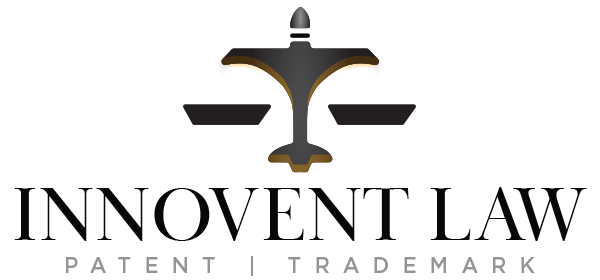What are you allowed to patent?
A few things can be patented if they have a purpose, and it is useful to society. If someone can buy it, then it can be patented.
Sometimes, it’s easier to start with what cannot be patented. If it’s something already occurring in nature, you cannot patent it. Laws of nature cannot be patented; mathematical equations cannot be patented. You also can’t patent a living thing, whether you’re discovering a new species or creating one by mating two organisms. And lastly, you cannot patent an “idea”. In order for you to patent a product, a design, an asexually reproduced and new variety of a plant, a process, a machine, a manufactured article, you will need the idea and enough information on how to make that idea happen, or what we call in the patent world “reduction to practice.”
While inventing something ask yourself, “is this new, useful, and non-obvious?”
- Will it be beneficial to people?
- Can it be easily copied?
There are two things to note: the patent will protect an invention that is useful and that is novel, meaning the invention doesn’t already exist.
Get the idea down on paper. The government is not going to patent just an idea you have. Once you draw out and express your idea or invention on paper it becomes patentable.
Remember, it cannot already be in the public domain.
These are the parameters when understanding if your idea can become a patent.
Is it a business method? A physical object like jewelry or a machine? A tool? A formula? A product?
These things are what you can patent.
Have an idea, that’s a good start. But you need to show your “patentable item” in a way that can be understood. You have to describe your idea on paper.
This is what the US government essentially says, “anyone who invents or discovers a new and useful product or process, or anyone that makes a non-obvious improvement to that product or process, is allowed to obtain a patent.”
Let’s talk about how to get your invention patented.
Schedule a free discovery call with our team today.
Innovent Law helps innovators protect, maintain and defend patent, trademark, copyright, and other intellectual property rights in the United States and around the world.
